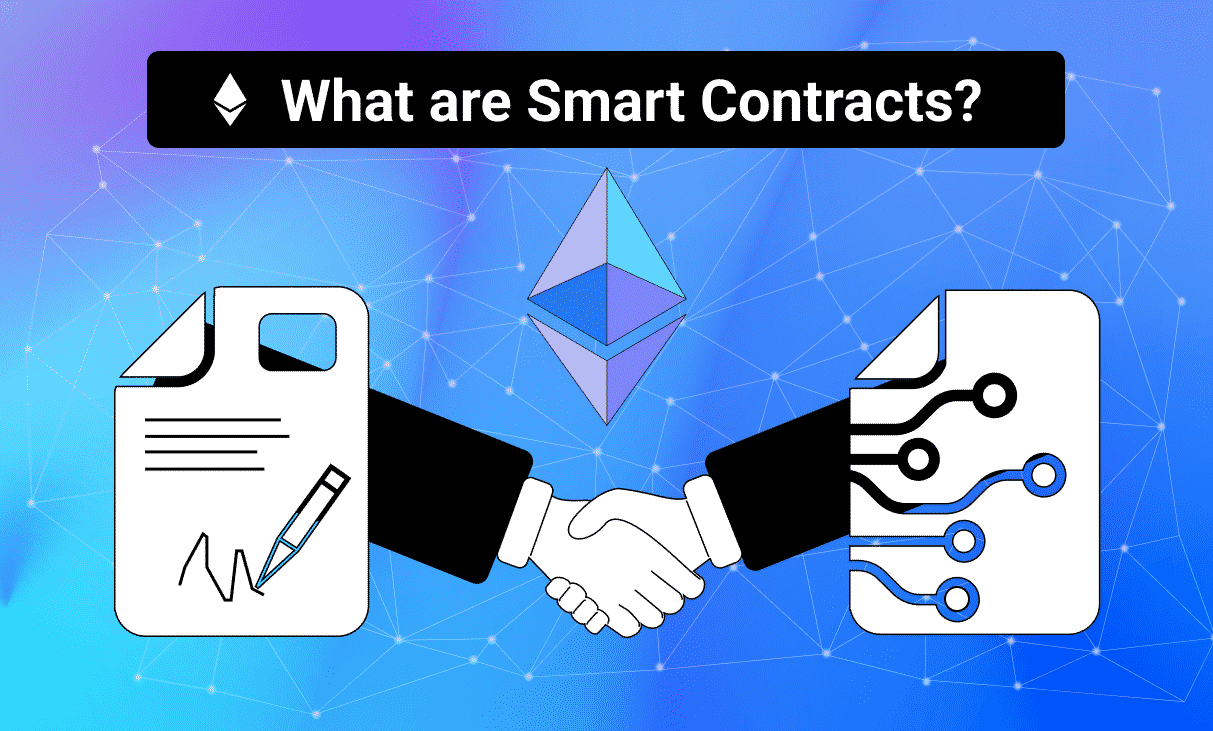Smart Contracts: The Self-Executing Code Powering Blockchain
Smart Contracts: The Self-Executing Code Powering Blockchain
 Imagine a world where agreements are automatically enforced, without the need for lawyers, middlemen, or even the risk of manipulation. This is the promise of smart contracts, a revolutionary concept that's transforming the way we interact and conduct business on a blockchain.
Imagine a world where agreements are automatically enforced, without the need for lawyers, middlemen, or even the risk of manipulation. This is the promise of smart contracts, a revolutionary concept that's transforming the way we interact and conduct business on a blockchain.
At their core, smart contracts are self-executing programs stored on a blockchain. Written in code, they define the terms of an agreement between two or more parties. Once deployed on the blockchain, the code automatically executes the agreed-upon actions when predetermined conditions are met.
Here's how it works:
- The Agreement in Code: The terms of the contract are translated into code, outlining the conditions for fulfilling the agreement. This code can specify things like payment terms, delivery schedules, and even dispute resolution mechanisms.
- Decentralized Execution: The code is stored across a network of computers on the blockchain. This ensures transparency and security, as everyone on the network can see the contract and its execution.
- Automatic Enforcement: When the pre-defined conditions are met (e.g., payment received), the code automatically executes the agreed-upon actions. This could involve transferring funds, releasing digital assets, or triggering another smart contract.

Smart contracts offer several advantages over traditional paper contracts:
- Security: The blockchain's tamper-proof nature ensures that the contract cannot be altered or forged.
- Transparency: All participants can view the contract and its execution, fostering trust and reducing disputes.
- Efficiency: Automating agreement execution eliminates delays and eliminates the need for intermediaries.
- Cost-Effectiveness: Smart contracts reduce the need for lawyers and other third parties, lowering transaction costs.
Real-World Applications
Smart contracts have the potential to disrupt various industries. Here are a few examples:
- Supply Chain Management: Track the movement of goods, ensuring authenticity and origin.
- Escrow Services: Securely hold funds until specific conditions are met.
- Financial Services: Automate loan approvals and payments.
- Voting Systems: Enhance security and transparency in elections.
- Real Estate: Streamline property ownership transfers and record-keeping.

The Future of Smart Contracts
While smart contracts offer immense potential, they are still in their early stages of development. Challenges such as code security vulnerabilities and the need for standardized programming languages need to be addressed. However, continued innovation and collaboration hold immense promise for the future of smart contracts, paving the way for a more secure, transparent, and automated world.
- MORE ON BLOCKCHAIN
What Is the Metaverse? Meaning, Features, and Importance
- What Is Blockchain? Meaning, Working, Types, and Uses
- Blockchain Engineer: Job Description, Key Skills, and Salary in 2022
- What Are Haptics? Meaning, Types, and Importance
- What Is an NFT (Non-Fungible Token)? Definition, Working, Uses, and Examples



































